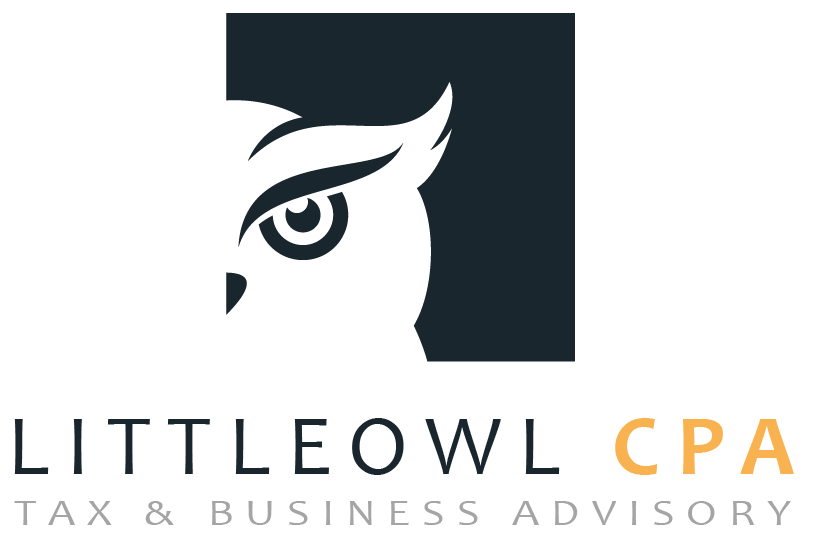Charitable giving allows you to make a positive impact on causes you care about and can also provide tax benefits. By implementing effective charitable giving strategies, you can optimize your donations and potentially reduce your tax liability. In this tax guide, we will explore various strategies that can help you make a meaningful impact while maximizing your tax benefits.
Donor-Advised Funds (DAFs)
Donor-Advised Funds are charitable giving accounts that allow you to contribute assets and receive an immediate tax deduction. You can recommend grants to qualified charities over time, giving you flexibility and control over your philanthropic efforts.
DAFs provide an opportunity to consolidate and simplify your charitable giving, potentially allowing you to donate appreciated securities, real estate, or other assets. This strategy can help you avoid capital gains taxes and maximize your tax benefits.
Appreciated Securities Donations
Donating appreciated securities, such as stocks or mutual funds that have increased in value, can offer significant tax advantages. By donating these assets directly to a qualified charity, you can avoid paying capital gains tax while receiving a charitable deduction for the fair market value of the donated securities.
It’s essential to ensure that you have held the securities for more than one year to qualify for the maximum tax benefits. You should work closely with your financial advisor and the charity to facilitate the smooth transfer of the donated securities.
Qualified Charitable Distributions (QCDs)
If you are age 70½ or older and have an Individual Retirement Account (IRA), you can make qualified charitable distributions (QCDs) directly from your IRA to a qualified charity. QCDs count towards your required minimum distribution (RMD) and provide a tax-efficient way to support charitable causes.
QCDs can help lower your taxable income by excluding the distributed amount from your taxable income. This strategy is particularly advantageous if you don’t itemize deductions or if your charitable contributions exceed the standard deduction.
Take Advantage of Matching Gift Programs
Many employers offer matching gift programs, where they match their employees’ charitable contributions up to a certain limit. Take advantage of these programs to effectively double your impact. Check with your employer’s human resources department to determine if this option is available to you.
Before making any charitable donations, conduct research to ensure that the organizations align with your values and are reputable. Websites such as Charity Navigator or GuideStar can provide information about the transparency and effectiveness of charitable organizations.
If you have questions about how this topic will impact you, Team LittleOwl CPA is here to help. Schedule a discovery call today!

About Tabitha Regan
Tabitha Regan is the Founder and CEO of LittleOwl CPA. She is a Certified Public Accountant, Certified Financial Planner™ and Personal Financial Specialist. In her 16+ year career span, she has developed an expertise in the specific needs of small businesses and busy professionals with accounting, tax and advisory services.


